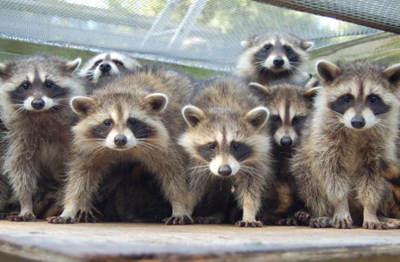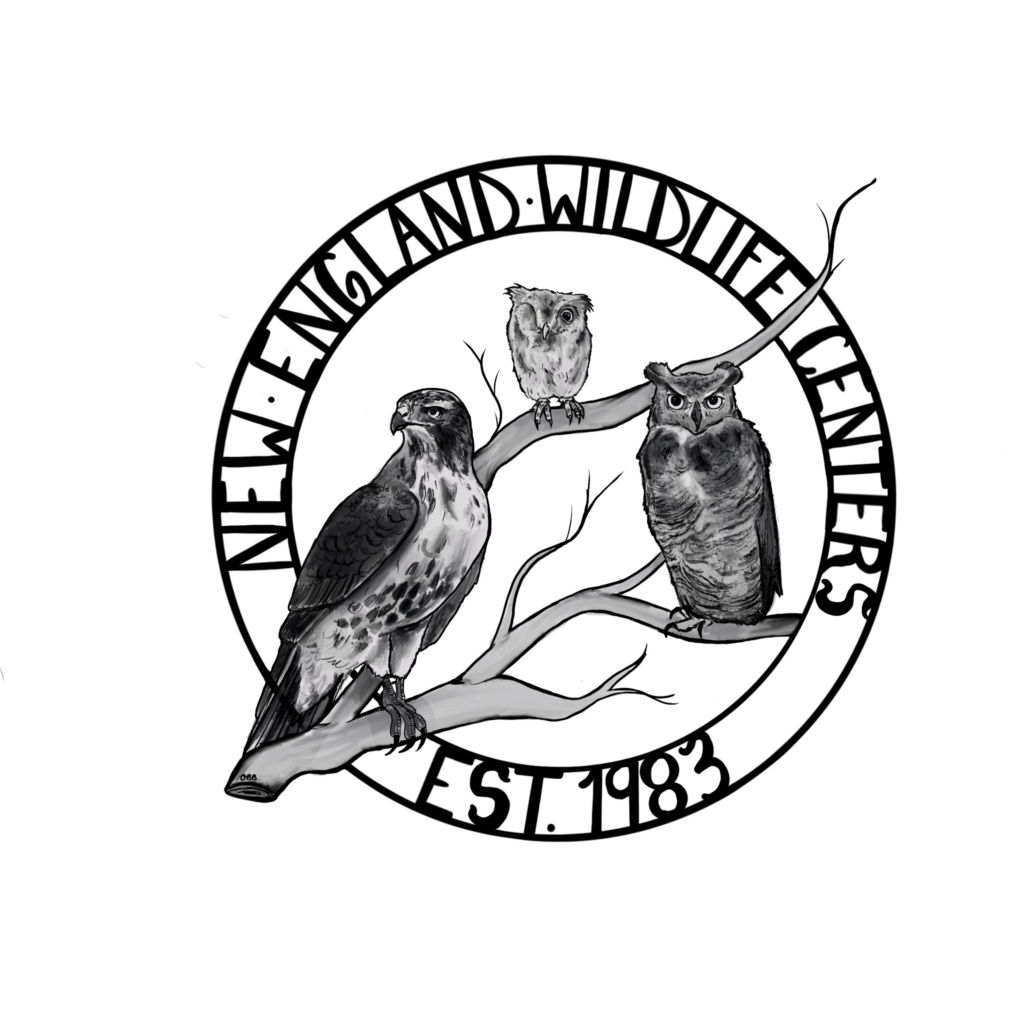
Friends of Wildlife:
Every animal has a right to humane medical care. It is heart breaking when there are “no more beds” in our hospital for wildlife in dire need.
There are millions of common wildlife injured or orphaned every year in Massachusetts. The Center can treat approximately 1,200 patients a year. This is a drop in the bucket! We do not have the funding for staff to treat more.
There is no government funding or publicly funded entity to care for suffering wildlife. Less than 1% of the Center’s resources come from folks that bring us wild patients. By law, we cannot charge anyone, including municipalities, state agencies, and organizations that bring us ailing wildlife. Read more …
_____________________________________________________________________________
Find a wild animal?
Orphaned animals — Many baby animals that are found alone are not truly orphaned. Please first consult these guidelines to attempt to reunite the baby with its mother.
Injured animals— Any animal that is found with obvious injuries should be brought to a wildlife rehabilitator or veterinarian for assessment and care. Be careful not to confuse a juvenile animal learning to be on its one with an injured adult. These aging charts for birds and mammals will help you tell the difference.
Nuisance animals — As advocates for wildlife we always recommend that native wildlife be left undisturbed unless it is injured or TRULY orphaned. Relocating wildlife is ILLEGAL in Massachusetts and often leads to orphaned babies that soon die. Here is a link to why moving wildlife is harmful. Also, here is a great link to learn how to live comfortably with wildlife.
Wildlife Facts — Massachusetts Department of Game and Fish is a great resource for facts about native wildlife. Here is the link to their wildlife facts.
Other Rehabilitators — The MassWildlife webpage has an extensive list wildlife rehabilitators located around the state. They organize them by district, and here are the links to each area.
Western District Rehabilitators
Central District Rehabilitators
Connecticut Valley Rehabilitators
Southeast District Rehabilitators
Northeast District Rehabilitators
Additionally, here is a list of local animal control officers.
Visiting wild patients — Because all of our patients are wild, they are extremely stressed by being in captivity. Our goal is to minimize the animal’s stress by limiting their exposure to humans while in the hospital. For this reason we do not allow the public to visit any animals that they bring to us. However, our Center is open 7 days a week and the hospital is windowed.
Updates on wild patients — Due to our limited staffing we are unable to give updates on wildlife patients by phone or email. Staff time is best spent caring for the animals. At this point, our only means to update you is to send a postcard to let you know ultimately what happened with the animal. If you did not fill out a postcard address label when the animal was admitted, you can call the Wildlife Center and give us your name, mailing address and the type of animal that you brought to us. We will attach this label to the animal’s file so you will receive a postcard update to let you know if the animal was released, or unfortunately did not make it.
If You Find a Wild Animal
